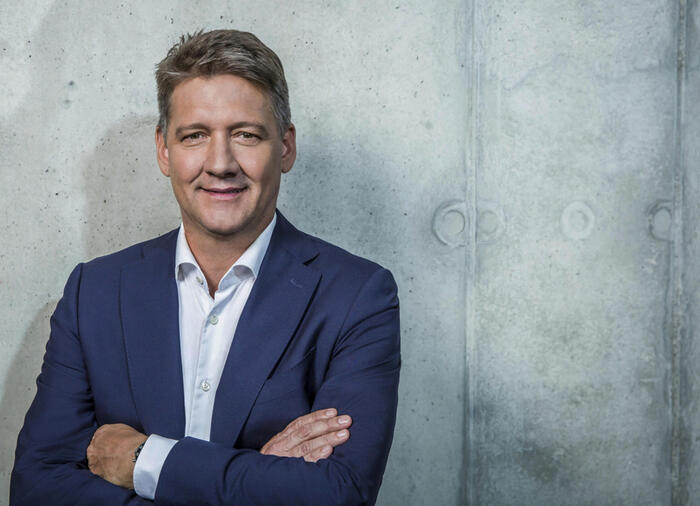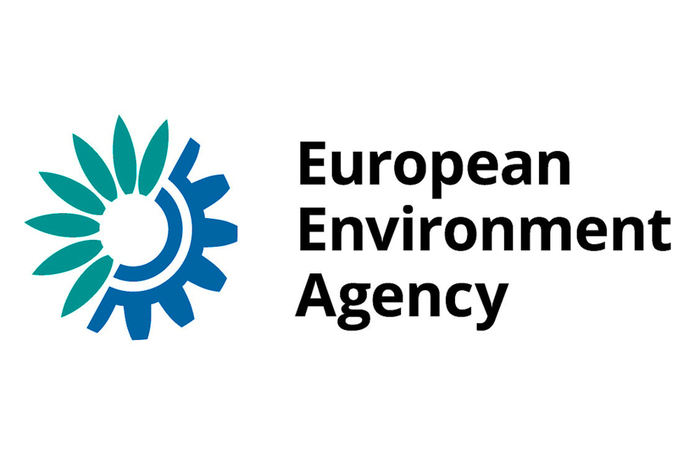Enlarge image
Volkswagen's e-car pioneer is leaving the stage
: September is the end for Herbert Diess in Wolfsburg
Photo: WOLFGANG RATTAY / REUTERS
Herbert Diess
(63) was ultimately eliminated from Volkswagen mainly because of numerous problems at the software subsidiary Cariad
.
But before he wanted to convert the Wolfsburg carmaker into a digital group, he had initiated a different transformation in the first phase of his work at Volkswagen - away from combustion engines and towards electromobility.
How well did he do that?
When Diess came to Wolfsburg in July 2015 as head of the VW Passenger Cars brand, electric cars hardly played a role in the day-to-day business of the entire group.
Strategically, this should change after the diesel scandal became known in autumn 2015.
With the development of the electric platform MEB (modular electric drive construction kit), the Management Board set the course.
Electrification at Volkswagen only really picked up speed when Diess replaced
Matthias Müller
(69) as CEO in April 2018.
In that year, the group delivered only 28,500 purely battery-powered new cars worldwide – with total sales of 10.8 million cars.
Progress was slow in 2019, among other things, the Audi e-tron was available from March that year, and the Porsche Taycan was launched at the end of 2019.
From 2020, Volkswagen is planning to make bigger leaps.
In autumn, the VW ID.3 was launched as the first model on the new MEB platform (modular electric drive system).
For the year as a whole, 2.5 percent of all new cars sold by the group were electric cars.
The range continued to grow in 2021, and Skoda with the Enyaq and Seat with the Cupra Born have also had battery cars in their portfolio since then.
VW also expanded its range with the ID.4, Audi with the e-tron GT and the Q4 e-tron.
In total, 452,900 electric cars from the Volkswagen Group went to buyers worldwide in 2021.
Their share of total sales grew to 5.1 percent, although the carmaker delivered noticeably fewer vehicles than a year earlier, at just under 8.9 million, due to a lack of parts.
Globally, Volkswagen is still far behind the industry leader Tesla in terms of e-car sales.
The Californians delivered 936,172 electric cars last year, more than twice as many as VW.
In Europe, the Wolfsburg-based company believes that it is already “clearly at the top” when it comes to the e-car market share of around 20 percent.
But Tesla is also strong in Europe and, according to an analysis by the data service provider Dataforce, was the brand with the most new electric car registrations in 10 of 33 European markets in the first half of 2022.
Volkswagen brands, on the other hand, only dominated in five countries: VW is currently the leader in Germany and Bosnia and Herzegovina, Audi in Belgium and Estonia, and Skoda in the Czech Republic.
In the USA, electric cars are supposed to help VW increase its measly market share of not even 4 percent.
This goal by the end of the decade: at least 10 percent.
If you only look at electric cars, VW claims to have achieved 7.5 percent in 2021.
Most recently, however, customers were getting angry because of the long waiting times for the ID.4.
The carmaker now wants to counter this with the recently started local production at the Chattanooga plant. So far, only ID.4 models manufactured in Zwickau have been on the road in the USA.
As early as 2023, up to 100,000 electric cars are expected to roll off the assembly line at the factory in the state of Tennessee.
At Volkswagen, they also think highly of the VW ID.
Buzz, the E-Bulli is scheduled to launch in North America in 2024.
Pick-ups are even more in demand than minibuses on the continent.
The mood around Volkswagen was less euphoric recently in China.
The most important car market has so far been the group's biggest electric problem child.
In the Middle Kingdom, Volkswagen has so far not been able to keep pace with either Tesla or local competitors such as BYD.
So far, models like the ID.4 have not been well received by the tech-savvy Chinese target group.
With 63,500 e-cars delivered in the first half of the year, local sales were roughly tripled compared to the same period last year, Volkswagen recently announced.
In August, Ralf Brandstätter will be the new head of China, who wants to achieve the turnaround with closer integration of the individual brands and more local decision-making power.
Herbert Diess, previously responsible for China on the Executive Board,
All in all, however, Diess has succeeded in bringing electric cars out of absolute irrelevance in the Volkswagen Group in recent years.
The start-up of the Stromer did not go smoothly, as is not only shown by the example of China.
The launch of the ID.3, which was postponed several times, also caused unrest both internally and externally.
For a long time, VW had to struggle with software problems with the first MEB model.
As of now, Volkswagen wants to break the one million e-car sales mark by 2023.
In the current year, the group is planning around 700,000 units, their share is expected to increase to seven to eight percent of total sales.
This requires more speed in the second half of the year: in the first six months of 2022, Volkswagen delivered 217,100 electric cars.
By 2025, the Wolfsburg-based company wants to become the world's largest electric car manufacturer.
In 2026, every fourth new car sold should be purely electric, and in 2030 every second.
Blume announced even higher e-targets for Porsche
In order to be able to achieve those goals, Volkswagen is investing 89 billion euros in electromobility and digitization in the coming years.
The money has long since flowed not only into new models.
Among other things, the group is building its own gigafactories in order to become more independent in the supply of battery cells.
From 2025, a "unit cell" should be ready to go in Salzgitter, which will then be used in 80 percent of all Group electric cars.
This would reduce the complexity.
In addition, other classic production plants are being converted to the production of e-cars, in Germany this has already happened at around half of the Volkswagen locations.
The group also pulls up charging networks partly on its own, partly with partners.
Volkswagen wouldn't be Volkswagen if the platform concept weren't further developed.
For particularly powerful electric cars, Porsche and Audi are working on the "Premium Platform Electric" (PPE) as a supplement to the MEB.
It is intended to replace the J1 platform on which, for example, the Porsche Taycan and the Audi e-tron GT are based.
The first PPE models are to be the electric Porsche Macan and the Audi Q6 e-tron.
For 2026, the group has also announced a kind of super platform called SSP (Scalable Systems Platform), on which 40 million electric vehicles are to be produced in the long term.
However, those projects will probably be delayed because of problems at the software subsidiary Cariad.
Herbert Diess in particular paved the way for all those projects, and
Oliver Blume
(54) now has to continue to implement them.
It is said that he thinks less radically than Diess.
Blume is also committed to e-fuels, i.e. fuels produced with green electricity.
He recently received criticism for his very good relationship with Federal Finance Minister
Christian Lindner
(43) on the subject.
In all likelihood, the future Volkswagen boss is planning to use e-fuels primarily for existing vehicles.
When it comes to new cars, Blume has repeatedly committed himself to the Wolfsburg electric course and has already eliminated the diesel engine for new models at Porsche in 2018.
With an 80 percent share of electronics in 2030, he has set himself significantly more ambitious figures for Porsche than for the entire group.
Blume's course at Porsche is already having an effect.
Last year, the Zuffenhausen-based company delivered more units of the electric Taycan than the brand icon 911 - even though the epitome of the sports car sold better than ever.














